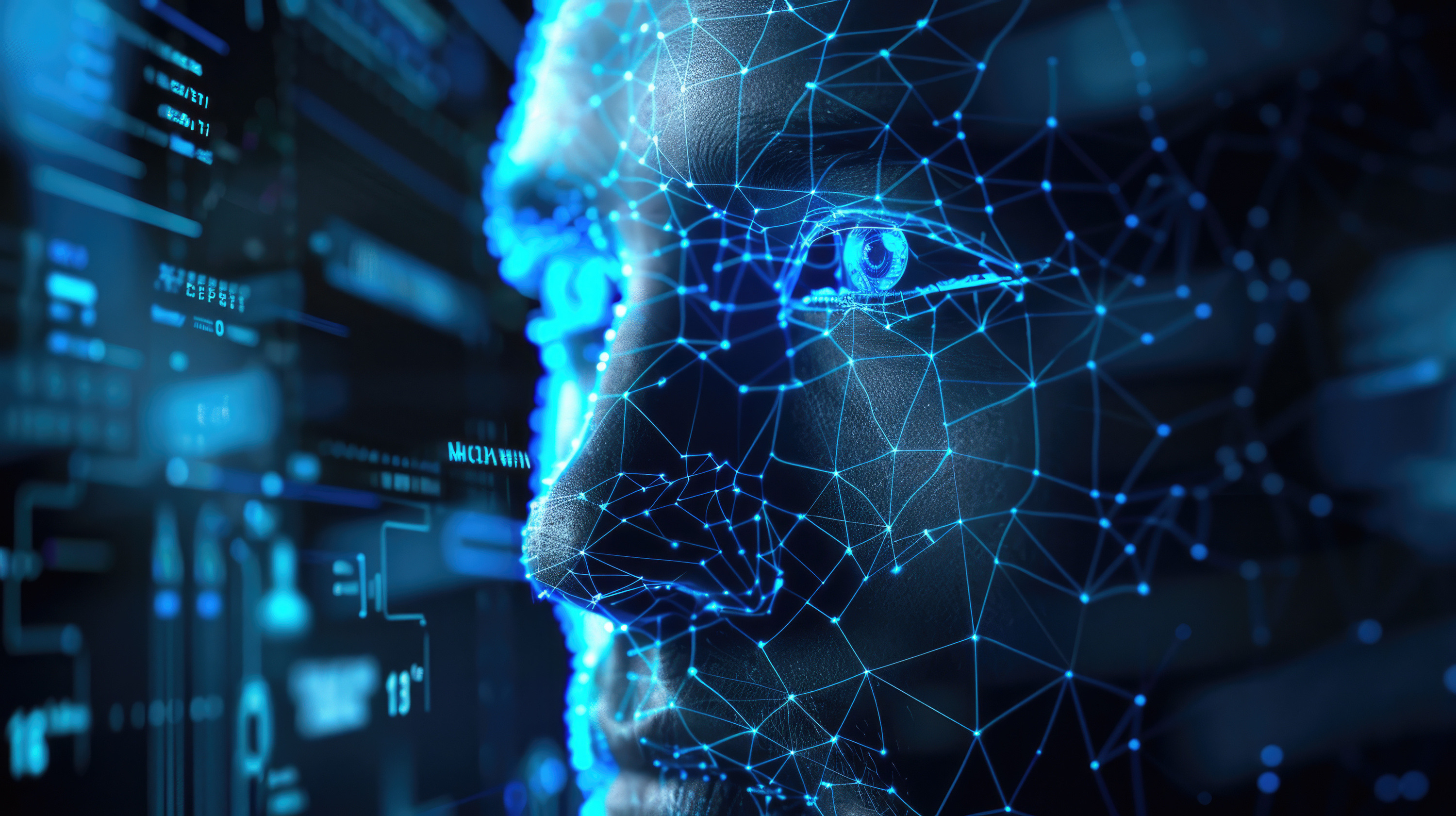By: Derek Odiorne
As we move deeper into 2024, the cybersecurity landscape is increasingly shaped by advances in artificial intelligence (AI). Cybercriminals are leveraging AI to launch more sophisticated and effective attacks, with two areas seeing particularly rapid evolution: AI-enhanced phishing and deepfake technology. These threats are not just theoretical—they are being used in real-world attacks that have already caused significant financial and reputational damage.
AI-Enhanced Phishing: The New Face of Deception
Phishing has long been a favored tool of cybercriminals, but the introduction of AI has taken this tactic to new heights. Traditional phishing emails often contained tell-tale signs like poor grammar or generic content that made them easier to spot. However, AI can now craft highly personalized and convincing phishing emails by analyzing publicly available data about individuals and organizations. These AI-generated emails eliminate common errors and are tailored to the recipient, making them much harder to detect and resist.
One alarming development is the rise of AI-generated voice phishing, or vishing. In these attacks, cybercriminals use AI to create deepfake audio that mimics the voice of a trusted executive. This audio is then used to trick employees into transferring funds or sharing sensitive information. For example, in one notable incident, a deepfake of a company executive's voice was used to instruct an employee to transfer a large sum of money to a fraudulent account, resulting in a successful scam (https://www.zscaler.com/blogs/security-research/phishing-attacks-rise-58-year-ai-threatlabz-2024-phishing-report) (https://hyscaler.com/insights/cyber-threats-in-2024-deepfake-dillema/).
Deepfake Technology: A Growing Threat
Deepfake technology, which involves creating highly realistic but entirely fake video or audio content, is another tool increasingly used in cybercrime. While deepfakes first gained attention for their potential use in spreading disinformation, they are now being weaponized in more direct cyberattacks.
A striking example occurred within the financial sector, where fraudsters used a deepfake video of a CEO to authorize a large money transfer. The attack was so convincing that it succeeded before the deception was uncovered. Similarly, during a video conference, employees of a multinational corporation were deceived by deepfakes of their CFO and other executives, leading to a $25 million fraudulent transfer (https://www.teneo.com/insights/articles/deepfakes-in-2024-are-suddenly-deeply-real-an-executive-briefing-on-the-threat-and-trends/) (https://hyscaler.com/insights/cyber-threats-in-2024-deepfake-dillema/).
These incidents highlight the growing danger of deepfakes in both corporate and political settings. During the 2024 election season, deepfakes were used to spread disinformation about political candidates, manipulating voter sentiment and causing significant reputational harm (https://trustifi.com/blog/why-is-deepfake-phishing-becoming-a-2024-problem/).
Mitigating the Threat: What Can Be Done?
Given the increasing sophistication of these attacks, it is clear that organizations need to adopt both technological and educational strategies to defend against them. AI-driven detection tools are becoming essential for identifying deepfakes by analyzing inconsistencies in multimedia content, such as unnatural movements or audio anomalies. Additionally, forensic analysis and blockchain-based verification are being explored to ensure the integrity of digital media (https://cloudsecurityalliance.org/articles/defensive-ai-deepfakes-and-the-rise-of-agi-cybersecurity-predictions-and-what-to-expect-in-2024).
Equally important is the need for ongoing employee training. As the human element remains a critical vulnerability in cybersecurity, organizations must educate their employees on recognizing deepfake-driven social engineering attacks. Regular awareness campaigns can significantly reduce the likelihood of successful attacks by sensitizing employees to the dangers of these emerging threats (https://hyscaler.com/insights/cyber-threats-in-2024-deepfake-dillema/).
Conclusion: A Call for Vigilance
As AI continues to evolve, so too will the tactics used by cybercriminals. The rise of AI-enhanced phishing and deepfake technology presents a formidable challenge for organizations of all sizes, particularly small and medium-sized businesses (SMBs) that may lack the resources to deploy advanced defenses. However, by investing in the right tools and training, these businesses can strengthen their cybersecurity posture without breaking the bank.
At iFlock Security Consulting, we are committed to helping businesses navigate this complex landscape. We will continue to provide insights into these topics and offer actionable steps to keep your organization secure in 2024 and beyond.
---
References
- Zscaler's ThreatLabz 2024 Phishing Report: https://www.zscaler.com/blogs/security-research/phishing-attacks-rise-threatlabz-2024-phishing-report
- Teneo's Deepfake Threat Report:
https://www.teneo.com/deepfakes-in-2024-are-suddenly-deeply-real-an-executive-briefing-on-the-threat-and-trends
- Trustifi on Deepfake Phishing:
https://trustifi.com/why-is-deepfake-phishing-becoming-a-2024-problem
- Hyscaler's Cyber Threats in 2024:
https://hyscaler.com/cyber-threats-in-2024-navigating-the-deepfake-dilemma
Subscribe To Our Newsletter
Get updates and learn from the best
More To Explore

Blog,
Cybersecurity,
Cyber Attack,
Vulnerability,
AI,
Training,
Ransomware,
Data Breach
Karrie Westmoreland
October 1, 2025

Blog,
Cybersecurity,
Cyber Attack,
Vulnerability,
AI,
Training,
Ransomware,
Data Breach
Karrie Westmoreland
September 15, 2025
